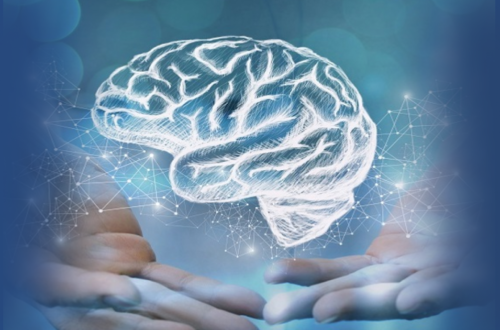Not Just Memory Loss
 When people think about dementia, memory loss is often the first symptom that comes to mind. However, dementia encompasses much more than just forgetting names, places, or words. It is a complex brain disorder that affects memory, behavior, speech, and numerous other cognitive functions. Understanding the broader implications of dementia can help us better support those affected by this condition.
When people think about dementia, memory loss is often the first symptom that comes to mind. However, dementia encompasses much more than just forgetting names, places, or words. It is a complex brain disorder that affects memory, behavior, speech, and numerous other cognitive functions. Understanding the broader implications of dementia can help us better support those affected by this condition.
What is Dementia?
Dementia is an umbrella term for a range of brain disorders that cause cognitive decline, impacting memory, thinking, and social abilities. While most types of dementia worsen over time, there is currently no cure. Different forms of dementia include Alzheimer’s disease, Parkinson’s disease, Lewy body dementia, frontotemporal dementia, and vascular dementia. Each type affects different areas of the brain and progresses in unique ways, but all lead to irreversible damage as the disease spreads.
How Dementia Affects the Brain
Dementia causes the brain to lose connections between neurons and shrink, which impairs communication between brain cells. In conditions like Alzheimer’s, high levels of specific proteins accumulate inside and outside of brain cells, forming plaques and tangles that disrupt neural communication. This damage affects all brain functions, including memory, behavior, emotional control, and even basic actions like eating and breathing.
Beyond Memory Loss: Other Symptoms of Dementia
While memory loss is often the first symptom noticed, dementia affects various other cognitive functions as the disease progresses:
-Behavioral Changes: Individuals may become irrational, rude, suspicious, or overly flirtatious, behaviors that were uncharacteristic before the onset of dementia.
- Speech and Communication: Dementia can lead to difficulty finding the right words, forming coherent sentences, or even speaking at all.
- Emotional Regulation: The disease may cause mood swings, apathy, or heightened emotions that are beyond the person’s control.
The Emotional Impact on Families
Watching a loved one change because of dementia can be incredibly challenging. It’s important to remember that these changes are due to the disease, not the individual. Being patient, kind, and understanding is crucial. Grieving the person your loved one used to be is natural, but it’s also important to cherish the moments of clarity that may occasionally surface.
A Personal Story: Finding Moments of Clarity
My mother-in-law, who was deeply affected by Alzheimer’s, rarely spoke or showed signs of recognition in her final years. Yet one day, she briefly returned to herself. As I helped her get dressed, she hugged me and whispered, “Thank you.” That brief moment of recognition and gratitude is something I will cherish forever. It’s these fleeting glimpses of their true selves that remind us of the person they once were and still are, deep down.
Supporting Loved Ones with Dementia
Supporting a loved one with dementia requires patience, empathy, and understanding. Remember to look for those moments of connection and clarity. They may be rare, but they are precious. Focus on the blessings rather than the losses, and cherish the time you have together.




